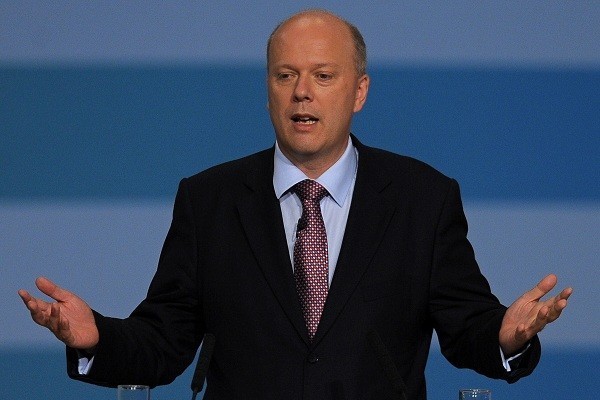Every politician who engages in major reform ends up with scars on their back. Tony Blair famously complained about those scars from grappling with the public sector, while Michael Gove mostly relishes his tussles with the education establishment that he likes to call the ‘Blob’. But the education world isn’t the only one with a big, scary blob wibbling about with rage whenever a minister embarks on reform. In my Telegraph column today I look at the justice ‘Blob’, which has scored a pretty impressive scar on Chris Grayling with a campaign about a ban on books for prisoners which isn’t quite as it seems.
Books are a useful weapon for the Blob, but other fights are taking place in the justice world at the moment. The Pulic Law Project is currently bringing a judicial review against Grayling for his residence test, which means that people in civil cases who are not lawfully resident in the UK and have not been lawfully resident for 12 months do not have access to legal aid. The PLP says these changes will restrict access to justice for a large number of people.
The Blobs may be made up of different groups in different worlds: the education establishment is dominated by angry trade unions while the justice battleground contains many more charitable organisations which, like the Howard League for Penal Reform, are very good campaigners. The campaign on books for prisoners is hugely impressive, even if it passes over the access that prisoners do have to books. Likewise, there is something admirable about the teaching unions managing to call strikes on pay and conditions which appear to be as much about their dislike of Michael Gove’s education reforms more generally.
This isn’t to say that the establishment in each sector is always wrong or unhelpfully conservative while every reforming minister is wise and entirely well-informed. The legal aid cuts have been controversial (Spectator writers disagree on whether they are a good thing, with Harry Mount arguing in the magazine that Grayling is right to reform legal aid and Willard Foxton arguing on Coffee House that the cuts are clogging up justice), and the government has had to amend its original plans because of concerns from justice campaigners. But those cuts haven’t garnered quite the same publicity or celebrity endorsement as the ‘books ban’, which is what makes those books for prisoners such an effective device for those who disagree with Grayling’s overall reforms to get more attention for their cause.







Comments